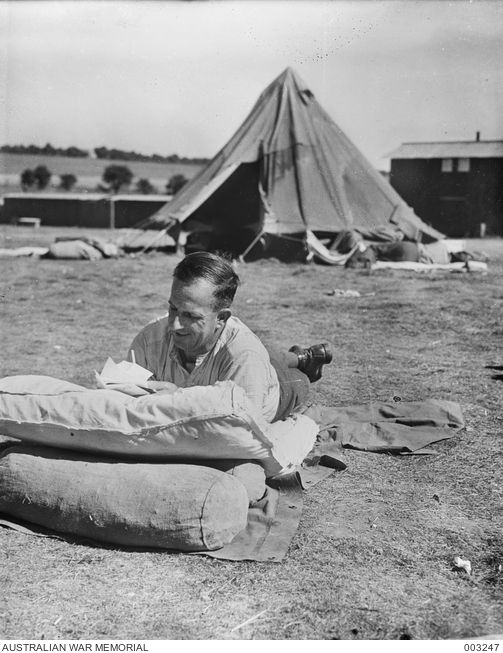Tips for transcribing text

Transcribe, don’t edit.
Transcribe the text as it is written and follow the layout of the original document as best as you can. Although it may be tempting to do so, please don’t make corrections - spelling mistakes and strange punctuation is common, particularly in letters and diaries. It is important to keep errors and punctuation as it helps to retain the original style, expression and personality of the author. By transcribing rather than editing, you are preserving the author’s voice.
Tips for deciphering hard to read handwriting.
You may at times have difficulty reading handwritten records. This is something even experienced archivist can sometimes struggle with. Below are some tips which might help you to decipher some of the records you encounter.
Keep in mind that words may be spelt incorrectly.
You may find that a word is spelt in a way that isn’t correct, particularly place names. This can make the word difficult to identify. Be sure to keep the original spelling of the word as it appears in the digitised image.
Cross check or compare letters in a record
A person may have a very non-standard way of writing a specific letter or letters (e.g. a stylised ‘s’ or ‘g’). Stylised letters may be hard to decipher when at the start of a word, but you may find other examples in the context of other words, which you have been able to decipher, elsewhere in a text.
Ask friends or family for help
You may find a friend or family member might be quite good at reading handwriting, and they might be willing to help you interpret the occasional word.
Contact your local historical or family history society for help.
Your local family history society may have members with an interest in military history or who are particularly skilled in reading old handwriting. You can find a family history society near you by searching the Australasian Federation of Family History Societies website.
Abbreviations and Acronyms
You might encounter abbreviations, acronyms, or slang terns in some of the records you are transcribing, there are a range of online resources which focus on common military abbreviations.
- The Memorial’s glossary contains the meaning of acronyms for many commonly used terms.
- The Memorial also has a page of common soldiers’ slang.
- The Australian National University has a Glossary of Slang and Peculiar Terms in Use in the A.I.F.
- 5th Battalion The Royal Australian Regiment Association website has a glossary of language used by Australians in Vietnam.
- The Royal Australian Navy has a list of naval slang.